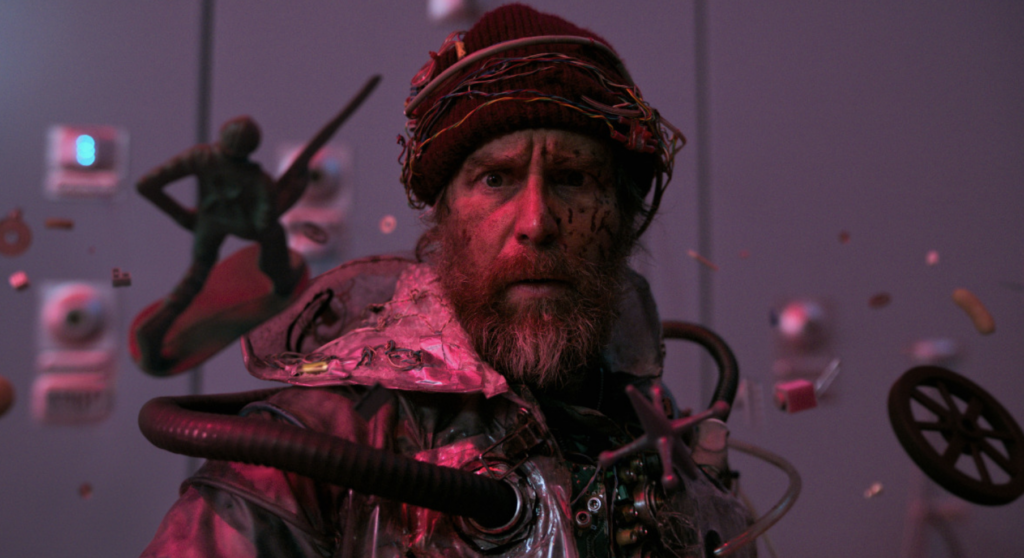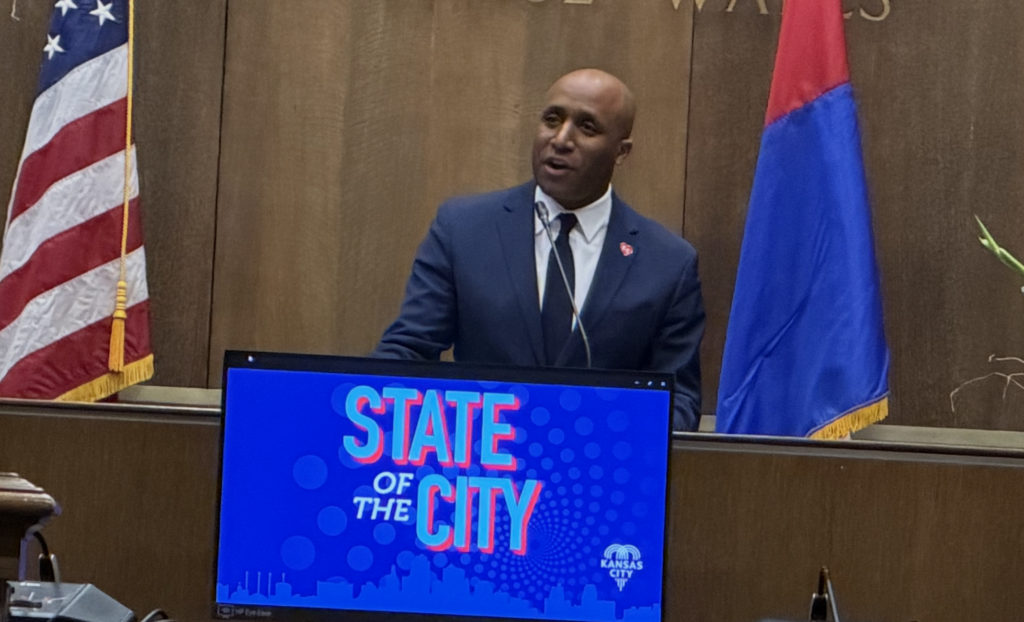Around Hear

About a month ago, To Conquer?, which featured former members of Haloshifter, The Hillary Step and Thestringandreturn, became the latest local all-star group to burn out far too quickly when it ended its agonizingly brief run with a seemingly contentious farewell show at The Hurricane. For whatever reason (most likely divided attention due to overabundant side projects and/or irreconcilable conflicts between two or more strong-willed members used to calling the songwriting shots in their previous bands), such impressively rostered acts usually disintegrate before they even become eligible for the Pitch‘s Best New Band award. It’s unsurprising, perhaps — like all-star pro-sports games, star-studded musical projects are primarily one-offs — but it’s still disheartening to see would-be creative powerhouses going the way of Temple of the Dog and USA for Africa.
However, one such ensemble, sporting decorated survivors of Frogpond, Rocket Fuel is the Key, Exit 159 and TV Fifty, continues to gig regularly and write new material after more than a year. Given the history of area acts’ staying together only long enough to produce recorded evidence of their existence before throwing a CD release/swan-song party, some pessimists might see the completion of Onward Crispin Glover‘s debut disc, The Further and The Faster, as the beginning of the end. But Byron, the group’s singer/guitarist, and Kristin, its bassist, promise Onward Crispin Glover isn’t going anywhere. Well, not literally — the group is talking to booking agents, and Byron says it’s “ready to hit the road at a moment’s notice.” But after the group finds suitable transportation (“Our shitty Ford wouldn’t make it across Missouri,” Byron admits) and completes its minitours, it will hit the usual local haunts, ensuring that no one forgets the name it worked hard to earn.
When last profiled in these pages in February, Onward Crispin Glover was onwardcrispinglover, a sly gambit that protected the group from being sued by its jittery-actor namesake. But recently, Glover and his manager, during a conference call with OCG’s drummer Billy, declared the group’s name fair game — provided that Glover be sent one of the band’s T-shirts.
Its identity assured, OCG’s members went back to the process of making songs, which, given the amount of raw material it has to work with, can be an arduous one. “It gets frustrating,” Byron admits. “We write a lot of songs, but a lot of them don’t ever see the light of day.”
This is a potentially dangerous symptom — members bringing in snippets of songs they feel strongly about, only to have them shot down — and in less-stable groups, it’s proved fatal. But in this case it works because, Byron says, “We’re all friends before we’re band people.”
The songs the group pursues tend to follow a certain blueprint (guitar intro; gradual addition of other instruments; build-up to a louder chorus; seamless return to a slower-paced backdrop for the next verse) and fit into a two-to-three-minute span. One glaring exception on both counts is “Two or Three,” the twenty-plus-minute behemoth that ends the disc. It opens with a chant (I’ll take two or three of you down with me) that would be spooky if it weren’t delivered in such a drowsy, droning manner. It then fades into silence, then resurfaces twelve minutes later, ensuring that the tune will at least startle the listeners it failed to scare with the lyric’s vague threat.
Equally surprised to hear this track was the group’s second guitarist, Marty, who had included the line as part of a song he’d written. Unable to take the week off from work to assist with the mixing of the album in Chicago, Marty gave the group a home-recorded tape of the song and told them they should use it.
[page]
“That’s what happens when you’re not there for the mixing,” Kristin warns. “People take your songs apart. That’ll teach him.”
OCG hasn’t yet figured out how to perform “Two or Three” live — “but when we do, it’ll probably be the whole damn set,” Byron says — but the disc’s other eleven songs will probably all make the setlist for its Friday, September 7, show at The Hurricane, although not exactly in their recorded versions. On disc, OCG achieves a gritty garage-rock feel by using an array of amps that muddies its angular, anthemic live sound. It also gives one of its oldest songs, “Action,” a significant makeover, using oddly tuned guitars to produce a pristine chiming tone and enlisting James Dewees (Reggie and the Full Effect, The Get Up Kids) to add piano accents to the tune’s hazy chorus.
Although its songs are short, OCG doesn’t pursue many traditional pop melodies. It runs its riffs through sprint-and-stop interval workouts, staggers its rhythms and builds up to choruses that, while rousing, offer few hummable hooks or sing-along catch-phrases. Even its most memorable musical moment, “Laughing Dog”‘s alluring, Big Country-style riff, plays a non-glamorous role, serving as a wordless bridge to a low-key resolution.
Byron’s vocals, though largely laconic, are deceptively versatile. On “Keep it On” and “Lunch,” the album’s biggest rockers, he unleashes unseemly shouts that seem to shake his entire frame. For “Marshall, Will and Holly,” he opts for a conversational delivery, casually wandering outside the beat to complete his thoughts. “Weightrr” sees him lapse into a distorted mumble. “It’s what the song calls for,” he explains. “I’m a slave to the songwriting. I do what I’m told.” Before he resigns himself to the whims of the tunes, however, he must have absolute control. “Anything I sing, I have to write the lyrics, too,” he says firmly. “I can’t justify putting any thought or emotion into it if I didn’t write it.”
Letting Byron pen the lyrics is an easy enough concession for the rest of the band members to make, because none of them has singing experience — except Kristin, who fronted the South Dakota-based punk group Switch. “I don’t know if you could even call it singing,” she clarifies. “It was a hardcore band, so there was a lot of screaming. A lot of mothers who saw it became very concerned that I wouldn’t be able to talk anymore.”
Much to the relief of moms everywhere, Kristin hung up her microphone. But she didn’t give up on rock. After seeing her strumming a guitar in the house the two shared, Byron suggested that she take up the bass and play in his new project, which went on to become OCG. There were a few initial technicalities to overcome (“his bass weighed half of what I weigh,” Kristin recalls), but after trading in for a less cumbersome model, she had little difficulty picking up the instrument.
Kristin has stuck with that bass ever since, but the group continues to add equipment, recently ponying up for a “fancy” handcrafted distortion pedal and a sampler (“I’m still reading the manual on that,” Byron reports). With so many new toys to test drive and freshly written tunes to play, OCG’s members aren’t as susceptible to the temptation of side projects, which can quickly become demanding mistresses. Not that there haven’t been a few flings — Billy recently played a few reunion shows with Rocket Fuel is the Key and Byron sat in on guitar last Friday with Parlay at The Pub. But OCG’s players are seriously committed to the band, a welcome sign of fidelity in a music scene ravaged by divorce.




